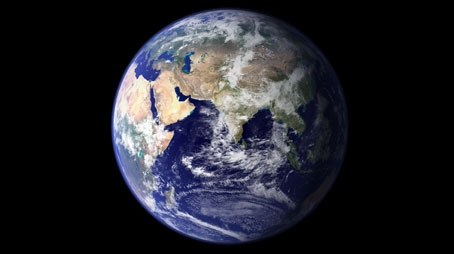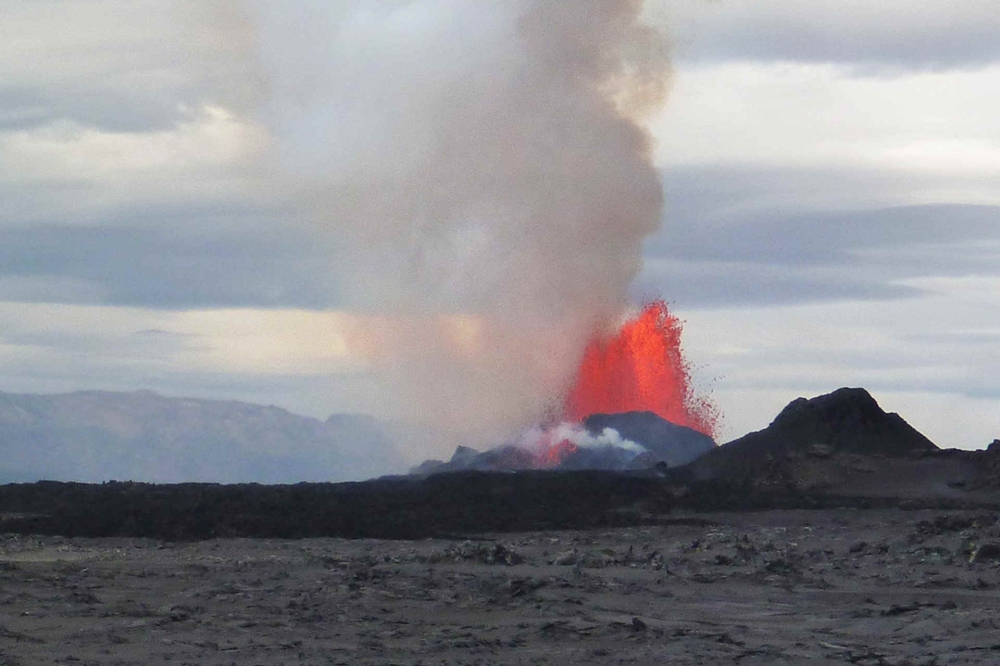The dawn of a new epoch
Nov 032015
NASA
Yes, that does sound a little like hyperbole, but it is actually true. Epochs are subdivisions of Earth's geologic timescale. The progression from one to another is marked by some easily distinguishable, global stratigraphic 'event' such as mass extinction or shift from one climate regime to another. Scientists are currently moving toward the formal declaration of a new epoch - the Anthropocene Epoch.
The event that distinguishes this epoch from the previous (Holocene Epoch) is the arrival of mankind as an agent of change on a global basis. James Syvitski, IGBP Chair, explains this in his 2012 article "Anthropocene: An epoch of our making" (pdf). His report describes broad changes since the Industrial Revolution spanning dramatic alterations in eco-systems from coastal zones, loss of rain forests, domesticated land, ozone depletion and water use. Syvitski states, "By any unbiased and quantitative measure, humans have affected the surface of the Earth at a magnitude that ice ages have had on our planet, but over a much shorter period of time".
The impacts of these global changes aren't reported in doom and gloom, end of the world terms - in fact the report ends on a hopeful note. Sustainability is simply a goal to be achieved to keep improving human wellbeing. Says Syvitski, "Our strength as humans is the capacity to recognize problems, to understand them and to develop solutions". Let's hope so. At Lizard Point, we're encouraged by the emerging recognition of the degree to which mankind is actually influencing the world we live - and we have faith in new generations of globally aware and sensitive humans.
Here's the "TedTalk" video on the Anthropocene.


